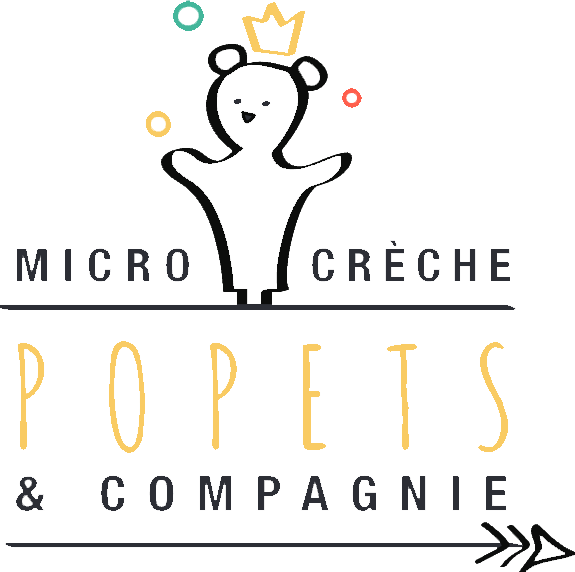Period of adaptation
All children start their experience in crèche by doing a period of adaptation. This is a crucial moment for the children. We accommodate the child’s need for this period. The period of adaptation lasts a week. If the child does need more time, we can extend the period accordingly with the parents. The period is an important step for the children and a big moment for the parents too. We are here to establish a mutual and confident relationship and help the parents during this moment.
It is for this reason that we are working closely with the parents and organising a progressive adaptation period to avoid any bad reactions with the children.
From the first of the adaptation, the children will we guide by the team. The adaptation starts with a few hours, then a morning, then a meal and a nap afterwards.
A day at creche, what’s going on? What can you expect?
At your arrival, we offer you an individual welcome. This will create a morning ritual for your children to separate his life at home and at the micro-crèche.
For the older children, free access game is in place for welcoming them. For the little ones, our team will adapt to their rhythm, nap time and meals.
During the day, all type of activities are offered to the children depending on their age, such as gym, motor skills, languages.
For the meals, we introduce each food and teach the children to eat by themselves.
For the relaxing time of the day, nap time will start with a ritual and as much as needed, the children will be given the comfort thing, dummy, ect…
While others sleeping, the children are invited to play with calm games while waiting.
Once all the children are up, it’s snack time.
Following our educational plan, English language will be used throughout the day. As soon as we can we spend a little time outside.
Autonomy.
Every day the children will learn the gestures and habits of everyday life, they will discover their environment, the others, games, food, hygiene.
Team wise, child’s support comes as:
- Help him grow and flourish
- Provide wellbeing
- Showing him the example
- Guide his choices
- Security
- Pleasure, sharing, discovering
We encourage him to develop his physical, intellectual, and social potential.
- Autonomy through games (Example)
Manual activities. manipulations, music, books, constructions and interlocking games, drawing, motor skills, free activities.
- Daily Autonomy (exemples)
Washing hands, mealtime (eating alone, drinks, food), dressing up, tidying up, cleaning, cleaning tables, potty training, life within a group and respect of rules in general.

